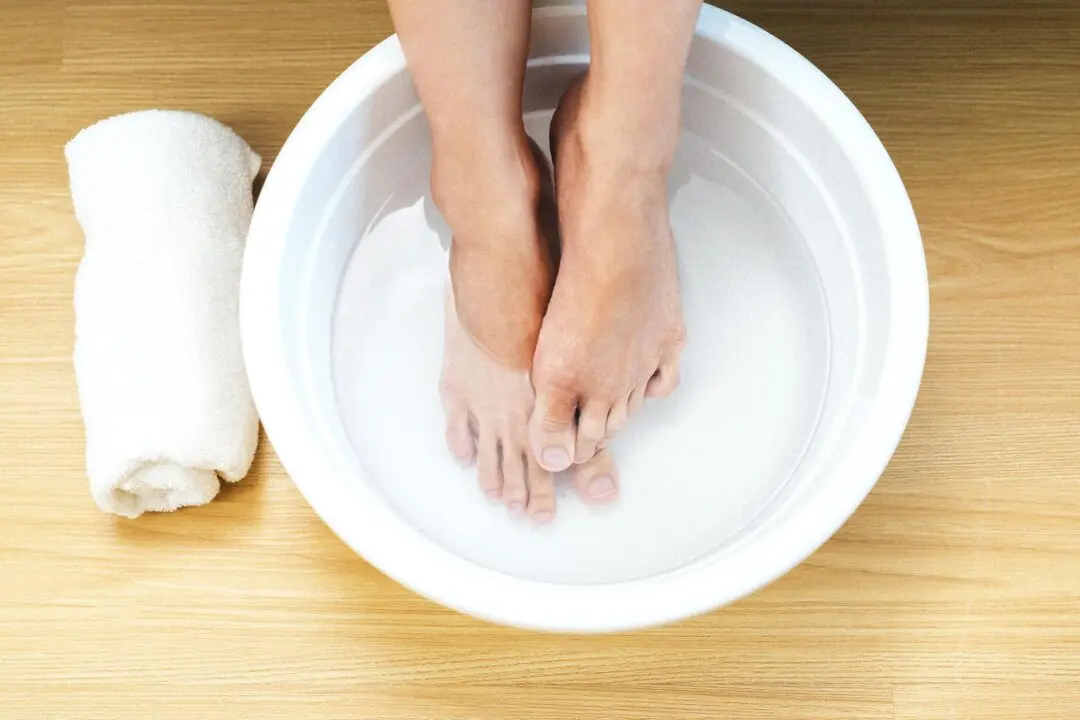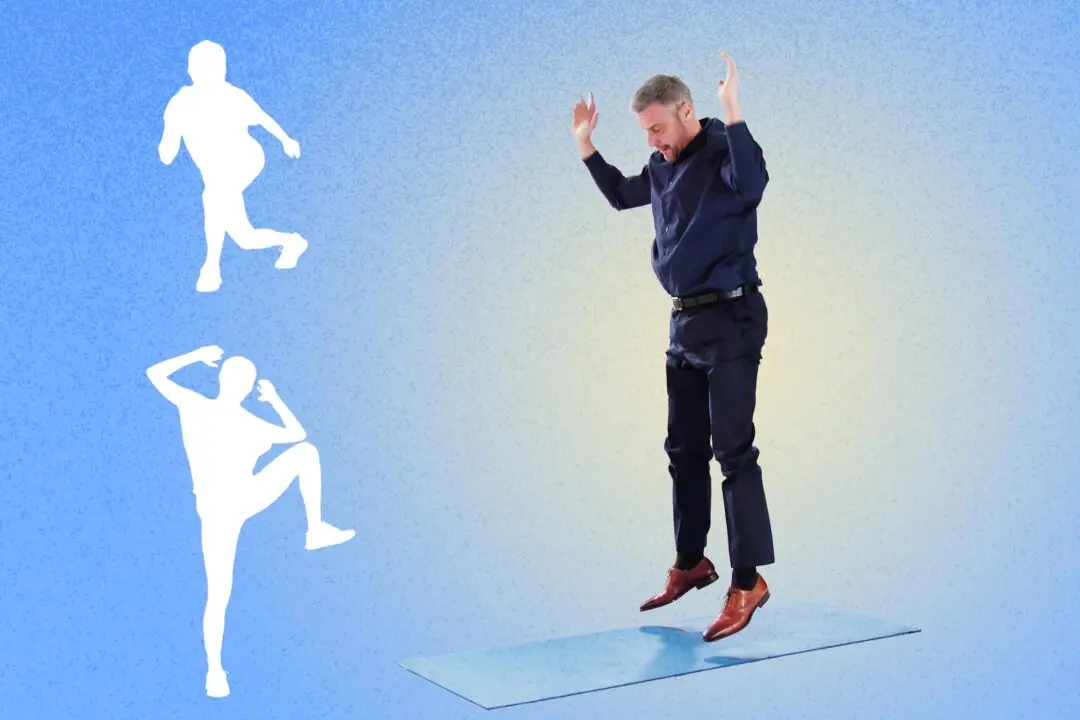Breast cancer is one of the most common cancers among women in the United States, second only to skin cancer. It is also the type of cancer that causes the second-most deaths in women, after lung cancer. Because this unique gland is rich in blood vessels, lymphatic vessels, and lymph nodes, it makes it easy for cancer cells to spread to other organs. Professor King-Jen Chang from Taiwan’s National University Hospital shared with The Epoch Times 11 tips that help women enhance immunity and combat breast cancer in daily life.
Tip 1: Regularity of lifestyle and rest






